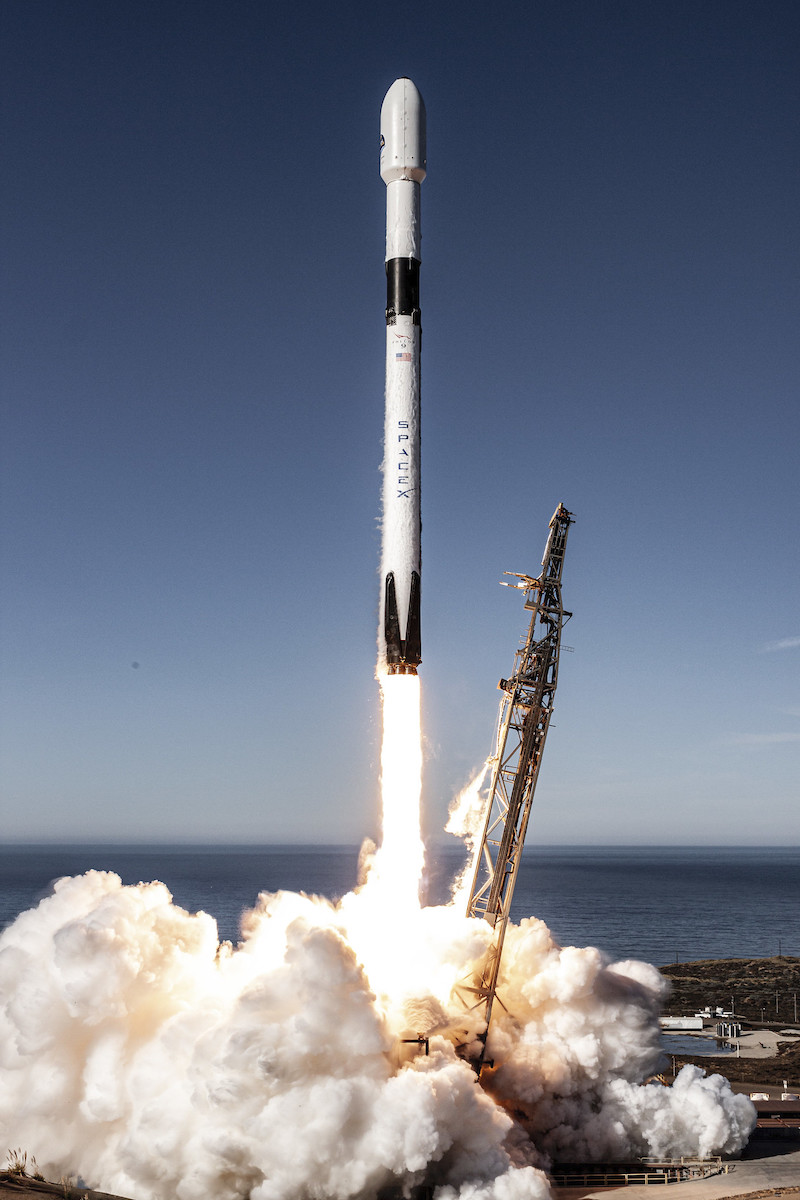Deconstructing Costs: Falcon 9 Launch Breakdown 🚀

The cost breakdown for a Falcon 9 launch is not publicly available, but there are some estimates that have been made.
Advertisement
According to a 2020 report by the Space Foundation, the average cost of a Falcon 9 launch is $62 million. This cost includes the following:
- The rocket itself: The cost of building a Falcon 9 rocket is estimated to be between $20 million and $30 million.
- The payload: The cost of the payload that is being launched can vary depending on its size and complexity.
- The launch services: This includes the cost of ground support, range services, and insurance.
- The profit margin: SpaceX typically makes a profit of around $10 million on each Falcon 9 launch.
It is important to note that these estimates are just that - estimates. The actual cost of a Falcon 9 launch can vary depending on a number of factors, such as the specific mission requirements and the availability of launch pads.
SpaceX is constantly working to reduce the cost of its launches. The company has achieved significant cost reductions through the use of reusable rockets and by streamlining its operations. SpaceX has also benefited from government contracts, which have helped to offset the cost of development.
Advertisement
As SpaceX continues to develop its reusable rocket technology, it is likely that the cost of Falcon 9 launches will continue to decline. This could make space exploration more affordable and accessible for a wider range of organizations and individuals.
Cost Comparison of Falcon 9 vs other rockets around the world
| Rocket | Cost per launch |
|---|---|
| Falcon 9 | $62 million |
| PSLV | $15 million |
| GSLV Mk.III | $45 million |
| Soyuz | $90 million |
| Ariane 5 | $130 million |
| Delta IV Heavy | $350 million |
| Long March 5 | $150 million |
Advertisement
FAQs
- What is the Falcon 9?
The Falcon 9 is a two-stage-to-orbit (TSTO) medium-lift launch vehicle developed and manufactured by SpaceX. It is the first orbital class vehicle to be designed from the ground up by a private company, and it has become the most-flown orbital rocket in history.
- What is the purpose of the Falcon 9 launch?
The Falcon 9 is used to launch a variety of payloads into orbit, including satellites, spacecraft, and even people. It is also used to resupply the International Space Station (ISS).
- Where does the Falcon 9 launch from?
The Falcon 9 launches from two launch pads at Cape Canaveral Space Force Station in Florida: Launch Complex 39A and Launch Complex 40.
- How tall is the Falcon 9?
The Falcon 9 is 230 feet (70 meters) tall.
- How much does the Falcon 9 weigh?
The Falcon 9 weighs 1.2 million pounds (544,300 kilograms) at launch.
- How powerful is the Falcon 9?
The Falcon 9 has a total thrust of 1.7 million pounds-force (7.6 million newtons).
- How many times has the Falcon 9 launched?
As of August 24, 2023, the Falcon 9 has launched 159 times.
- How many times has the Falcon 9 landed successfully?
As of August 24, 2023, the Falcon 9 has landed successfully 108 times.
- What is the cost of a Falcon 9 launch?
The cost of a Falcon 9 launch is approximately $62 million.
- How long does it take to prepare a Falcon 9 for launch?
The preparation process for a Falcon 9 launch can take several days or even weeks.
- What are the risks involved in a Falcon 9 launch?
There are always risks involved in any space launch. Some of the risks associated with a Falcon 9 launch include engine failure, weather conditions, and technical problems.
- What is the future of the Falcon 9?
SpaceX is constantly working to improve the Falcon 9 rocket. The company is developing a new version of the Falcon 9 called the Falcon 9 Block 5, which is designed to be even more reliable and reusable.
- What are some of the notable achievements of the Falcon 9?
The Falcon 9 has achieved a number of notable achievements, including: * Being the first orbital class vehicle to be designed from the ground up by a private company. * Becoming the most-flown orbital rocket in history. * Launching the first commercial crewed spacecraft to the ISS. * Launching the first private mission to the Moon.
- What are some of the challenges facing the Falcon 9?
The Falcon 9 faces a number of challenges, including: * The competition from other launch providers, such as Boeing and United Launch Alliance. * The need to continue to improve the reliability and cost-effectiveness of the rocket. * The need to develop new markets for the Falcon 9, such as sending tourists to space.
- What is the future of space exploration?
The future of space exploration is bright. The Falcon 9 and other launch vehicles are making it possible to explore space more affordably and reliably than ever before. This is opening up new opportunities for space exploration, such as sending humans to Mars and beyond.